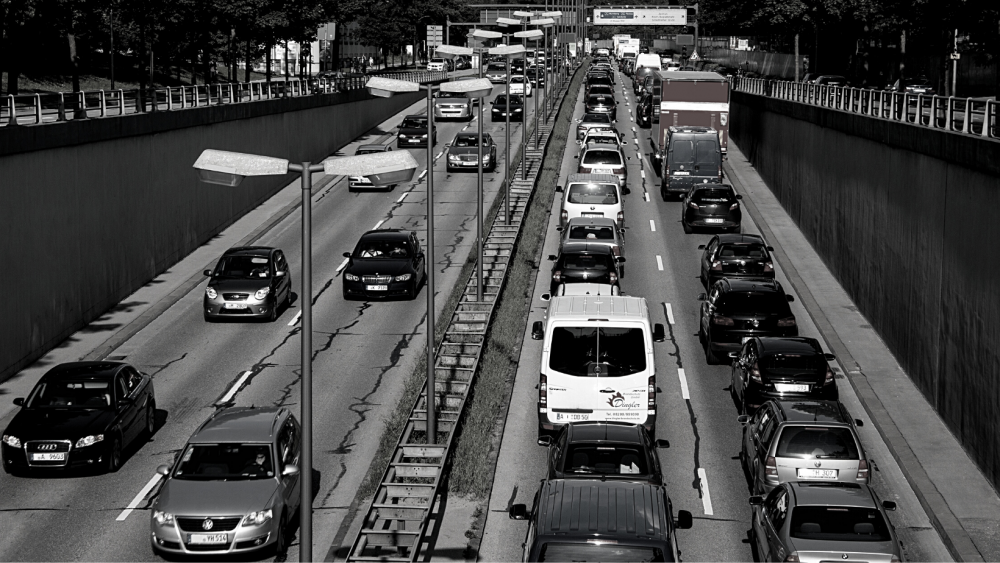
8. Jan
The Myth about "Resource Utilization"
“I don't have time right now.” “I am very busy.” “Doubt if I'll be able to do it, because I'm short of time.”
We make these excuses quite often. A lack of time is disheartening. We don't have enough time for important things at work and being busy at work leads to a lack of time in one's private life as well. We try to do a lot of things in parallel (“multitasking”), but, as our minds are unable to focus on several things at the same time – the quality of our work suffers. Very soon we realize that we are half burnt out and adding to the tired office zombie army.
In actual fact we are working ineffectively. Unfortunately, our nature and culture help us to work ineffectively. Instead of saying no, we take on even more new jobs without having finished the ones that we have started. We want to please all our colleagues and customers at the same time, instead of finishing a job that we have started for one customer and only then proceeding on to the next job – for the next customer, because we are, of course, very industrious and helpful… And so, we start even more new jobs, but don't finish the ones that we have started – all the time we are just saying, saying and saying, but much more rarely – finishing something reasonable. The most important thing on this rat's treadmill is the fact that every time we switch from one job to something completely different without having completed the first one, our minds have to switch to a different context (specific to the particular job) and content – which demands time.
Multitasking and switching from one job to another (so-called “context switching”) are ways of making people busy, overstretched and tired. The quality of work and the productivity of individual people, as well as the whole team, will inevitably suffer from this. To avoid this – it is important to ensure focus on one thing at work; this requires clear priorities and the possibility of saying no to other jobs/requests. In the same way that we have a saying “a person who has eaten is a happy person”, we should keep in mind that “a rested person = energy filled person = a productive person”. That is why is important to build in free time in any workflow (Google calls this “slack time”). Free time means that employees can catch their breath, take a look at what they have done, consider what they should do differently, regain their energy and in this way – be prepared and focused on the next job. Free time also means that there is some spare time available for unforeseen situations (and then the employee’s personal life will not suffer). More free time also means less time for work – so again – it will be very important to define clear priorities, work according to these and to say no to those jobs which are not priority#1. It is equally important to ban overtime, as this reduces employee productivity and happiness, but increases dissatisfaction and stress.
Unfortunately, organisations rarely focus on counting hours – the planning of working hours and calculating the costs of hours etc., even though it is clear that more hours do not mean greater productivity. Quite the opposite. More developed organisations no longer count hours, but measure the speed of work. However, very few organizations focus on adding value for their customers, customer satisfaction and institutionalizing a learning culture within their organization. Therefore, the slogan “the customer comes first” remains merely an advertising and sales slogan if we don't take care of our employees first, so that they can then place customer needs and wants in first place.
In summing up, remember: if you think that you or your employees do not have time, even though you are working ever more – this is a good indicator that you are working ineffectively. Discontinue working on n-things simultaneously, nominate the priorities on which you will work, learn to say no, reduce the need to switch from one job to another and introduce free time into your or your organization's workflow. If you want a busy and overtired zombie army, who do not add value to the customer, toxic dissatisfaction, as well as the complete obliteration of joy and fervour from employees’ faces at your organization – then you can safely continue to count hours and ensure that all your employees are busy.
Jānis Dirveiks - Certified Agile Practitioner and Presenter
You may be interested in
-
24., 25. Apr
mtwtf

